Search
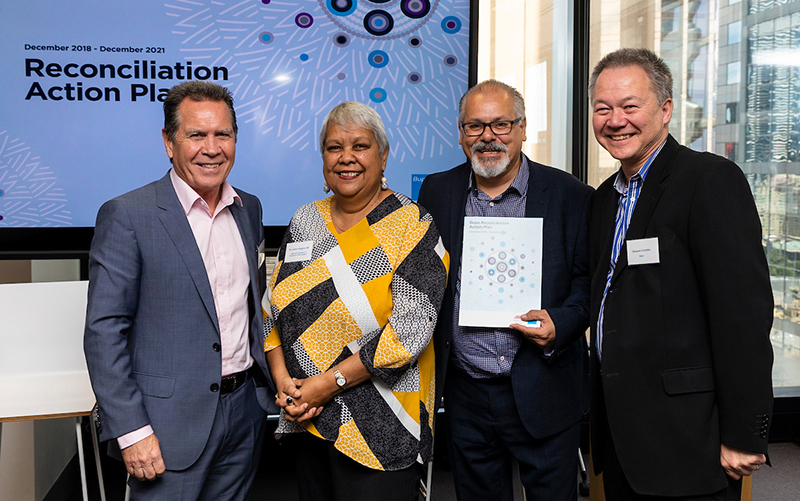
News & Events
Bupa pledges half a million dollars to end rheumatic heart diseaseResearchers will extend a unique community-led project to end rheumatic heart disease in Aboriginal communities, thanks to nearly half a million dollars in funding from Bupa.
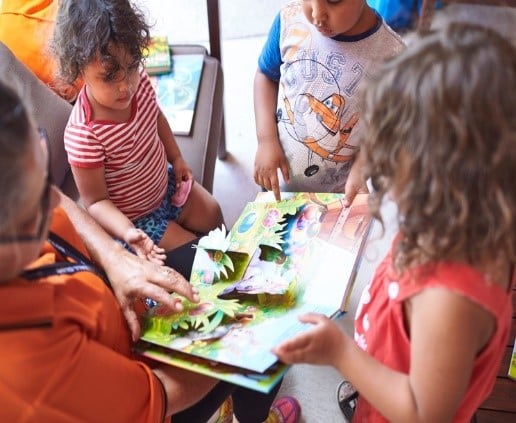
News & Events
New report to shape early years services in MidlandA new report on families with 0-4 year olds in the Midland area aims to help shape development of the sector and ensure parents are better placed to access support in their efforts to ensure the healthy development of their babies and toddlers.

News & Events
The Kids researcher awarded Research Translation Projects grantA new research project aims to demonstrate how influenza vaccination in children could be a highly cost-effective health care intervention in Australia.

News & Events
Harvard Professor captivates at Annual Community LectureProfessor Bloom used his time to make a powerful case for the idea that 'healthier means wealthier' at the The Kids Annual Community Lecture for 2017

News & Events
Cholesterol and blood pressure drugs help teens with diabetesThe study involved screening young people to learn more about the development of long-term kidney, eye and cardiovascular complications in adolescents with T1D.
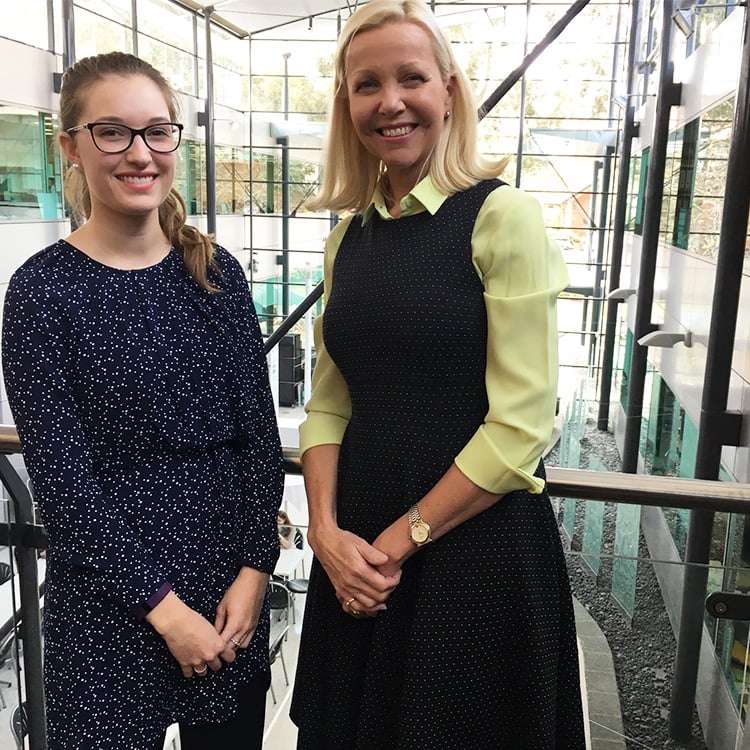
News & Events
CoLab scholarship to help drive better access to support servicesCurtin University researcher Belinda Cuomo is one of the first recipients of a CoLab Top-Up Scholarship.

News & Events
Long-term The Kids Research Institute Australia researchers honoured by prestigious AcademyProfessors Carol Bower & Steve Zubrick have been inducted as new Fellows to the prestigious Australian Academy of Health and Medical Sciences.
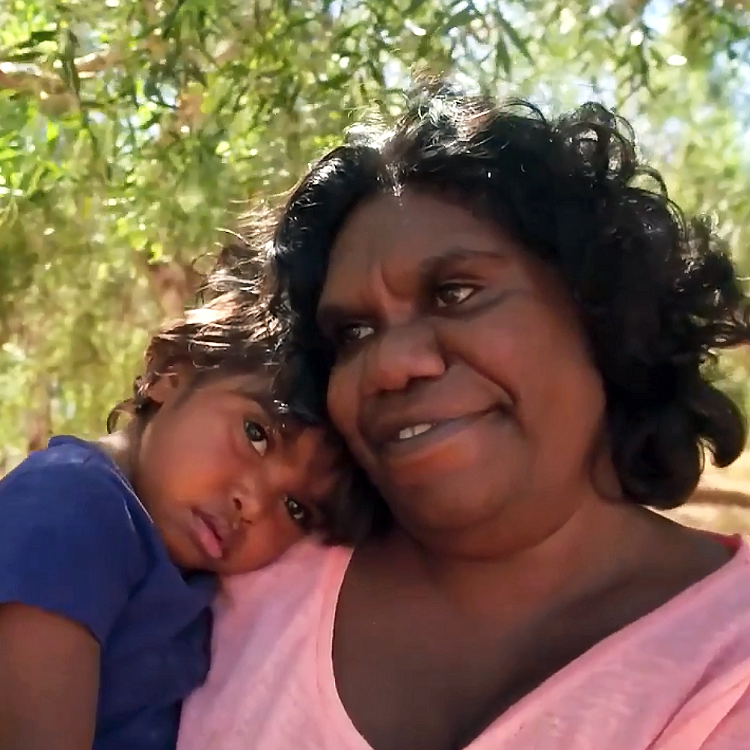
News & Events
Making FASD History in the Pilbara: celebrating International FASD Awareness DayTo mark International FASD Awareness Day, The Kids will launch a series of health promotion videos that feature local Aboriginal community members.
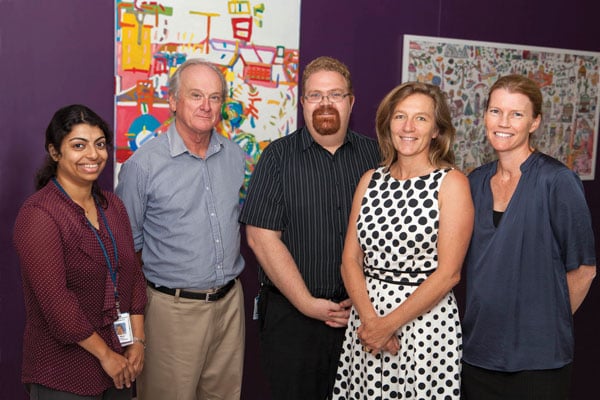
News & Events
High hopes for preventing lowsResearchers led by the team at the Children’s Diabetes Centre at The Kids have taken a key step to a fully automated closed-loop insulin delivery system.
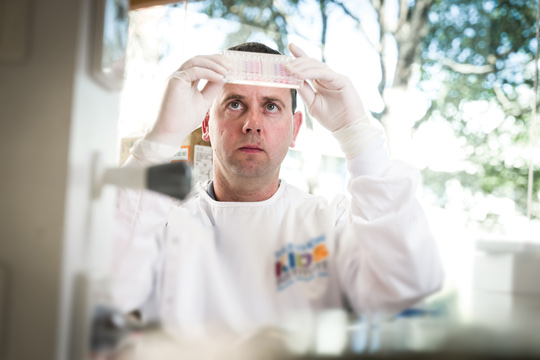
News & Events
Researchers unlock potential new cancer weaponIn an exciting breakthrough for cancer treatment, a new weapon to enable the immune system to combat the disease may have been unlocked.
